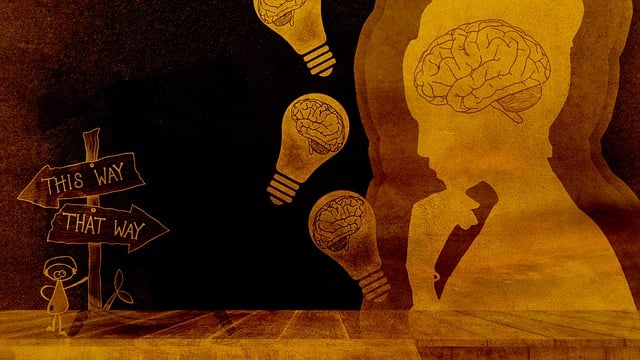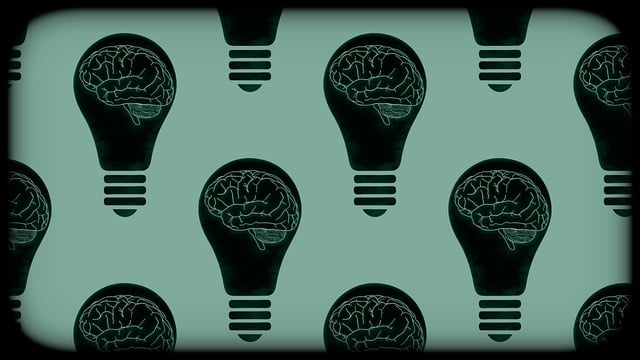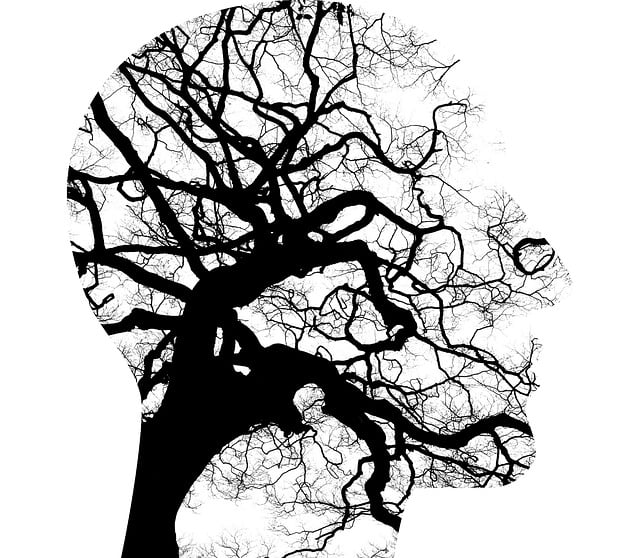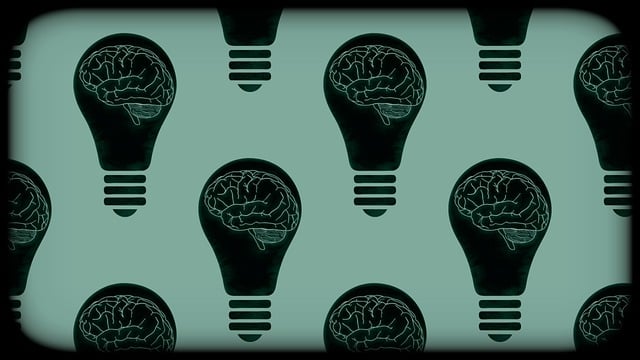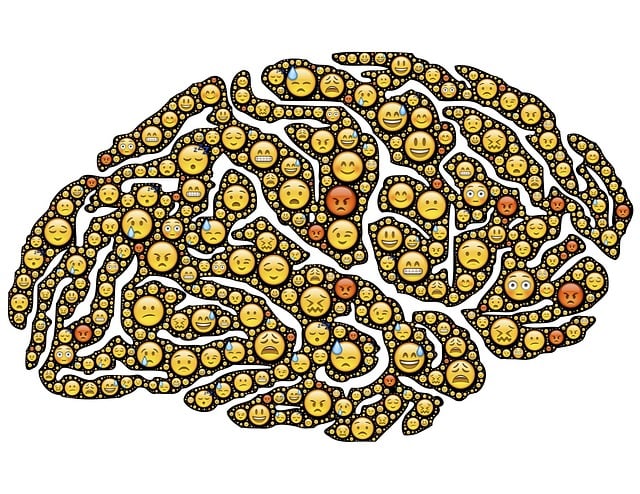Louisville Children Therapy leads the way in mental wellness for youth, developing innovative self-assessment tools to combat rising stress and anxiety levels. Collaborating with experts, they create engaging, age-appropriate programs integrating evidence-based practices like Compassion Cultivation and Stress Management Workshops. These tools empower children and caregivers, reduce stigma, and promote proactive well-being management, fostering a healthier Louisville community. Continuous improvement, user feedback, and adaptation to emerging research ensure the effectiveness and reliability of these mental health assessment resources.
In today’s fast-paced world, mental wellness is a critical aspect of overall health. The development of self-assessment tools plays a pivotal role in identifying and addressing psychological needs, especially among children. This article explores the creation of such tools, focusing on Louisville Children’s Therapy’s innovative approach. We’ll delve into understanding the significance of mental wellness assessments, designing effective strategies tailored to young minds, and the continuous improvement process for optimal therapeutic outcomes in Louisville and beyond.
- Understanding Mental Wellness Self-Assessment: A Need in Modern Times
- Designing Effective Tools for Louisville Children's Therapy
- Implementation and Continuous Improvement for Optimal Results
Understanding Mental Wellness Self-Assessment: A Need in Modern Times

In today’s fast-paced world, understanding and prioritizing mental wellness is more crucial than ever. This is especially true for communities like Louisville, where access to quality children’s therapy services plays a vital role in fostering healthy minds from an early age. The need for comprehensive mental wellness self-assessment tools has become increasingly apparent as we navigate the challenges of modern life, including rising levels of stress and anxiety among youth. These tools are essential in identifying mental health concerns early on, which can lead to timely interventions and improved outcomes.
Louisville Children Therapy, alongside Stress Management Workshops Organization and Mental Illness Stigma Reduction Efforts, has recognized the value of designing innovative mental health education programs. By integrating these self-assessment tools into educational curricula and community initiatives, they aim to reduce the stigma surrounding mental illness and empower individuals to take charge of their well-being. Such programs can significantly contribute to creating a healthier, more supportive environment where people feel comfortable seeking help when needed.
Designing Effective Tools for Louisville Children's Therapy

In developing effective self-assessment tools for Louisville Children’s Therapy, it’s crucial to understand the unique needs and challenges faced by both children and their caregivers. These tools should be designed with a child-centric approach, ensuring they are engaging, age-appropriate, and easily navigable. Incorporating elements from evidence-based practices such as Compassion Cultivation and Stress Management Workshops Organization can significantly enhance their effectiveness. Such practices promote mental health awareness and foster skills for coping with stress, anxiety, and emotional challenges.
For instance, the tools could include interactive questionnaires that encourage children to express their feelings and thoughts in a fun, non-threatening manner. Incorporating visual aids and storytelling elements can help younger children articulate their experiences while providing caregivers with valuable insights into their child’s mental wellness. By tailoring these self-assessment tools to Louisville Children’s Therapy’s unique context, practitioners can better support the holistic development of young individuals within their care.
Implementation and Continuous Improvement for Optimal Results

The development of self-assessment tools for mental wellness is an ongoing process that requires regular implementation and continuous improvement to ensure optimal results, especially in settings like Louisville Children Therapy. After initial deployment, these tools must be rigorously evaluated to gauge their effectiveness and usability. Feedback from users, such as therapists and clients, should be collected and analyzed to identify areas of success and potential shortcomings. This feedback loop is crucial for refining the assessment process and making data-driven adjustments that enhance its accuracy and reliability.
Continuous improvement incorporates strategies like regular training sessions for professionals using the self-assessment tools, incorporating new research findings, and adapting to evolving mental health standards. For instance, integrating Risk Management Planning for Mental Health Professionals can help streamline the assessment process while ensuring patient safety. Similarly, fostering Mental Health Awareness through these tools can empower individuals to proactively manage their well-being. Moreover, Resilience Building components within the assessments can equip users with coping mechanisms, contributing to better outcomes and stronger support systems.
Louisville Children’s Therapy recognizes the growing need for accessible mental wellness self-assessment tools. By designing effective, user-friendly resources, we empower individuals and families to take charge of their mental health. Through continuous improvement based on feedback and data, these tools become increasingly tailored to diverse needs. This proactive approach not only enhances individual well-being but also contributes to a more resilient and supportive community, ensuring that everyone has access to the support they deserve.

